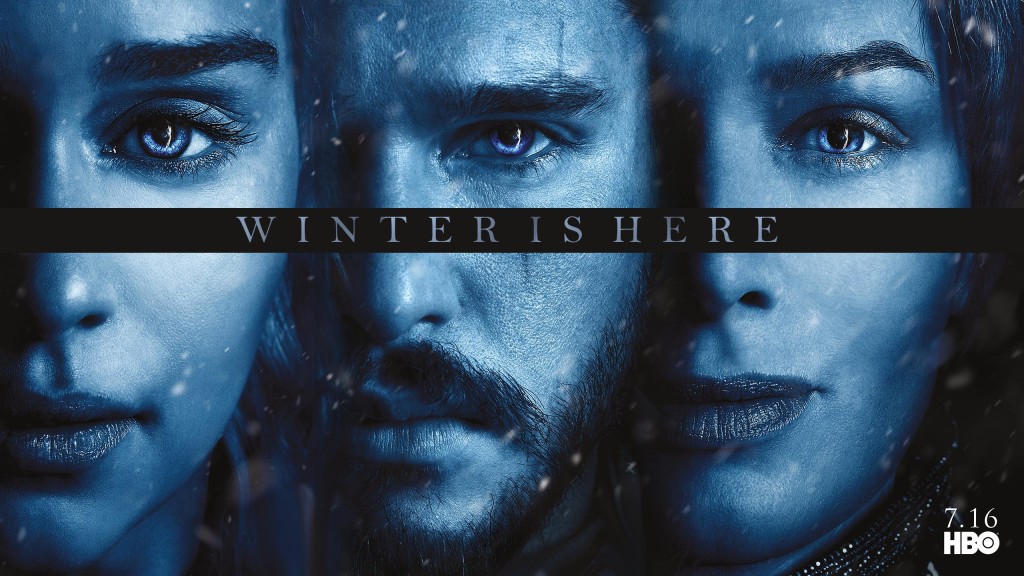

But the writers have usually done well at that, and “The Children” felt muddled in that area in a way the show hasn't in the past at season's end. Martin, each book), even as many of these characters have years' more story worth telling. It's a tricky thing, trying to juggle stories that are moving at different paces, and trying to build these climactic moments into the end of each season (or, for George R.R. But the moment didn't feel so much like the conclusion of the latest stage of that story as simply the last thing she does before the new season begins. The Mother of Dragons, Breaker of Chains, Knitter of Sweater-Vests having to become the one who chains her own dragons is the biggest sign yet that Dany wasn't prepared for the burdens of ruling Meereen.

may have rendered the rescue more surprising, but it also rendered Stannis more annoying in the process, and he's a character the show can't really afford to do that with. Having him spend most of this season pouting some more about his birthright, the Lannisters, etc.

There's also the matter of the show trying to keep Stannis' desire to go to the Wall a secret so it feels surprising here, which meant that most of his scenes this season undid the strong work from the season 3 finale where Stannis seemed like the one powerful man in the Seven Kingdoms who understood what was really important. Alex Graves, as he so often does on this show, worked wonders with the battle choreography (the overhead shot of the wildlings fighting chaotically while Stannis' men rode and fought in perfect precision neatly told the story of the entire battle in just a few seconds), but the overall effect was muted. Stannis appearing out of nowhere to rout the wildling army, for instance, arguably would have been better served as the conclusion to “The Watchers on the Wall” than as the first major movement of “The Children.” It allowed the Jon/Mance scene to play out at greater length (in the process giving Ciaran Hinds something to do in his first appearance in nearly two years), but the notion of the cavalry riding to the rescue immediately after Jon's fatalistic reaction to the battle would have seemed more dramatic than this. Some had the desired emotional impact, but others simply got lost in the trans-continental shuffle. As such, it was a finale with many big denouements – too many, arguably, given the need to squeeze them all into a single episode, even a slightly longer one than normal. It was exciting action, but it resolved exactly nothing (other than the Jon Snow/Ygritte romance), and left most matters up to “The Children” to either dispense with or push forward into season 5. “The Children” didn't work quite like that, in part because “The Watchers on the Wall” wasn't a climax of the season in the way that “Baelor,” “Blackwater” and “The Rains of Castamere” were. Weiss have tended to use the finales in the same way that “The Sopranos” and “The Wire” so often did: as a time for reflection after the climactic events of the different episodes 9, and as a preview of what's to come in the following season. In previous seasons, David Benioff and D.B. A review of tonight's “Game of Thrones” coming up just as soon as I do a poor job hobbling the horses…


 0 kommentar(er)
0 kommentar(er)
